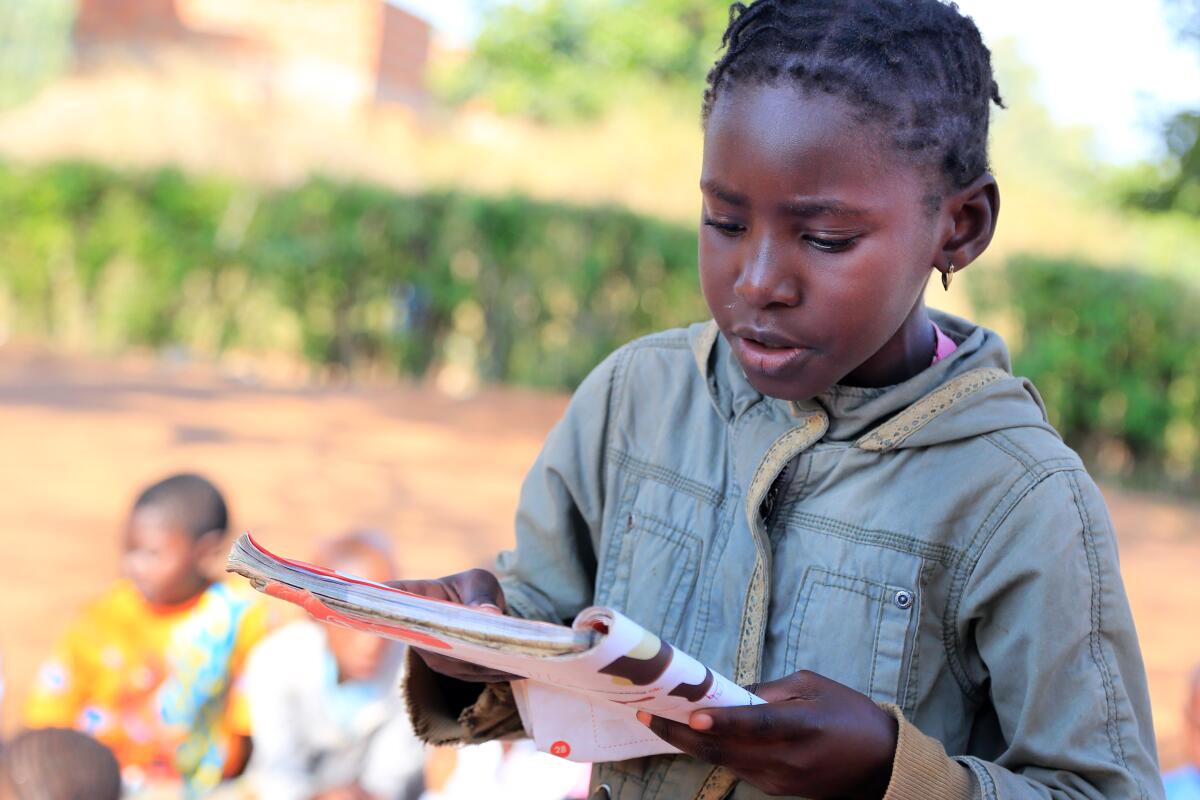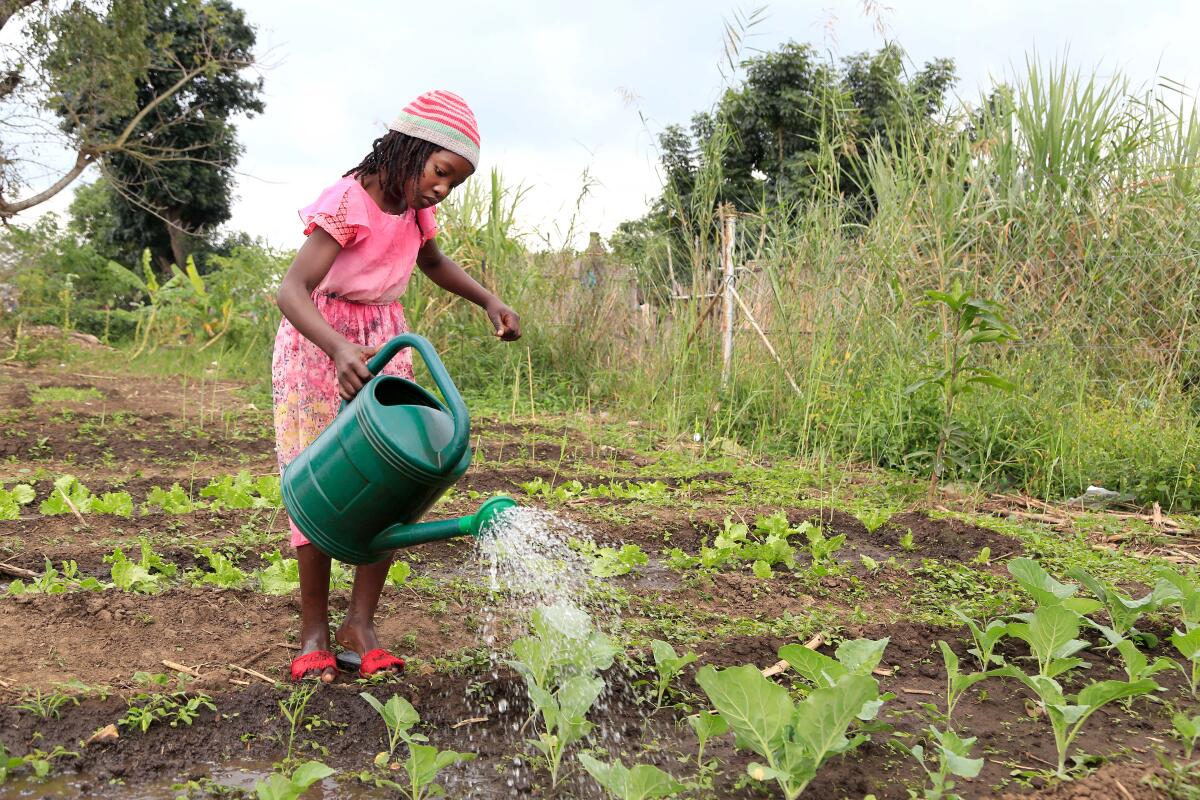Food for Knowledge: Investing in the Future
School lunch programs in developing nations (which are often called "school feeding programs") represent a key investment in the future.
Planet Aid's Food for Knowledge school feeding program in Mozambique has been helping students since 2012. This program, made possible by a grant under the USDA's McGovern-Dole International Food for Education and Child Nutrition Program, is nourishing more than 83,000 children in Maputo Province daily.
The meals help alleviate hunger and allow children to better concentrate on lessons, while helping them properly grow and develop. This investment in the children's future yields many returns and helps to ensure the nation's wealth by strengthening what economists call "human capital."
Why is school feeding important? Watch this video to see!
Human Capitalism
The World Bank estimates that 70 percent of the wealth of developed countries comes from the skill, talent, and knowledge of their citizens, or, in other words, their human capital. However, in developing countries, this human capital accounts for only 40 percent of a nation's wealth.
Additional investment in Africa's human capital could increase the continent's gross domestic product by $95 billion according to some estimates, and thus help reduce poverty. One of the best ways to do this is by expanding access to quality education.
Secondary graduation rates in Africa are around 45 percent, and it is even lower for women, who are often married or become pregnant at a young age. Staying in school allows Africa's youth to not only gain a better education, but also helps prevent early marriage and child rearing, which provides the youth (especially women) with the opportunity to pull themselves, and their country, out of poverty.
But, even before students have the opportunity to go to secondary school, they must have a good educational foundation on which to build their knowledge. This foundation begins in primary school and is key to keeping students motivated throughout their education and ensuring they are properly equipped to succeed.

A Lunch is Not Enough
While good nutrition is essential in the early grades, more is necessary to make sure that the human capital investment yields a maximum return. Planet Aid's Food for Knowledge (FFK) program takes a comprehensive approach to address the complex and interrelated challenges of malnutrition and educational advancement.
FFK does this through multiple components that reinforce the impact of the lunches on learning, including a bilingual early grade reading program, teacher training, student and community nutrition education, school gardens, and infrastructure development.

Learn more by visiting the Food for Knowledge webpage.
